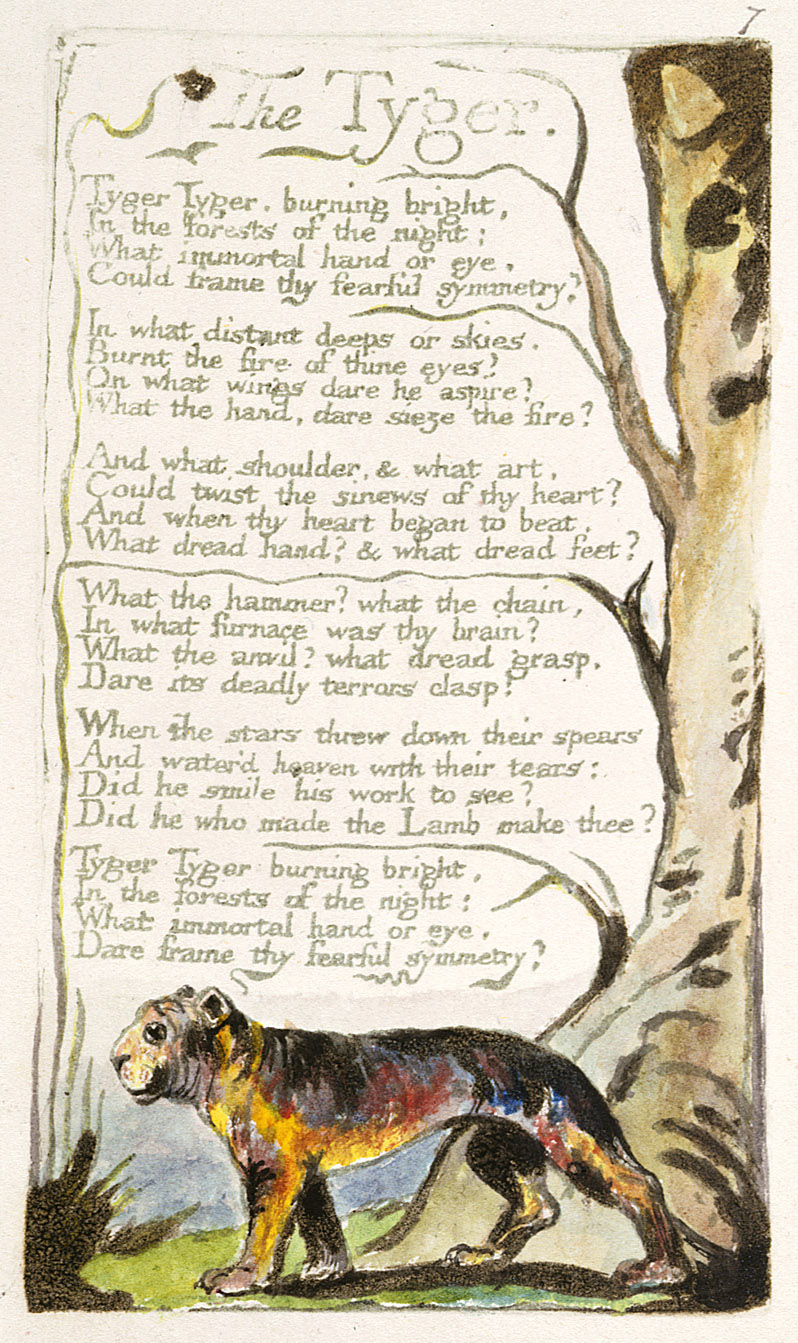As a history lecturer, I have for many years used the coach scene in Edward Bellamy’s utopian novel Looking Backward: 2000-1887 as a way to describe the deep sense of insecurity that Americans lived with during the Gilded Age. I often read the passage to students in my courses on the late nineteenth century United States. But I have always wanted an illustration to accompany the scene as I discussed it; something that I could put up on a PowerPoint slide.
At last my student Lois Rosson, a gifted artist, has granted my wish, producing this representation of the text for my course on the United States from 1877 through 1914:
![Art by Lois Rosson [http://loisrossonart.com/home.html]](https://i0.wp.com/www.wirevicus.com/blog/images/lookingbackward/rosson_LBWagon.jpg?resize=435%2C299)
Art by Lois Rosson [http://loisrossonart.com/home.html]
is about a well-to-do Bostonian who falls into a deep sleep in the year 1887 and wakes up in the year 2000. All the world’s economic problems have been solved, he learns. Humanity has transformed itself into a vast cooperative “industrial army.” So successful are these utopian reforms that the protagonist of the novel, Julian West, feels that he must explain to his readers what life was like back in 1887:
“By way of attempting to give the reader some general impression of the way people lived together in those days, and especially of the relations of the rich and poor to one another, perhaps I cannot do better than to compare society as it then was to a prodigious coach which the masses of humanity were harnessed to and dragged toilsomely along a very hilly and sandy road. The driver was hunger, and permitted no lagging, though the pace was necessarily very slow. Despite the difficulty of drawing the coach at all along so hard a road, the top was covered with passengers who never got down, even at the steepest ascents. These seats on top were very breezy and comfortable. Well up out of the dust, their occupants could enjoy the scenery at their leisure, or critically discuss the merits of the straining team. Naturally such places were in great demand and the competition for them was keen, every one seeking as the first end in life to secure a seat on the coach for himself and to leave it to his child after him. By the rule of the coach a man could leave his seat to whom he wished, but on the other hand there were many accidents by which it might at any time be wholly lost. For all that they were so easy, the seats were very insecure, and at every sudden jolt of the coach persons were slipping out of them and falling to the ground, where they were instantly compelled to take hold of the rope and help to drag the coach on which they had before ridden so pleasantly. It was naturally regarded as a terrible misfortune to lose one’s seat, and the apprehension that this might happen to them or their friends was a constant cloud upon the happiness of those who rode.”
Continue reading →


![Art by Lois Rosson [http://loisrossonart.com/home.html]](https://i0.wp.com/www.wirevicus.com/blog/images/lookingbackward/rosson_LBWagon.jpg?resize=435%2C299)

